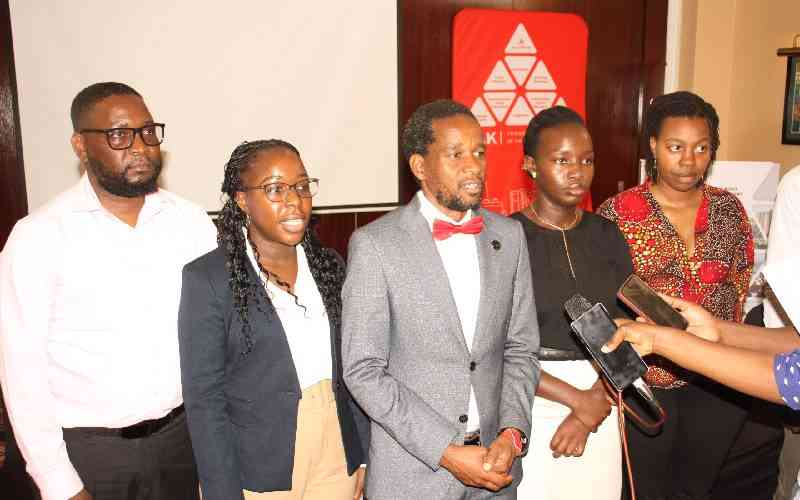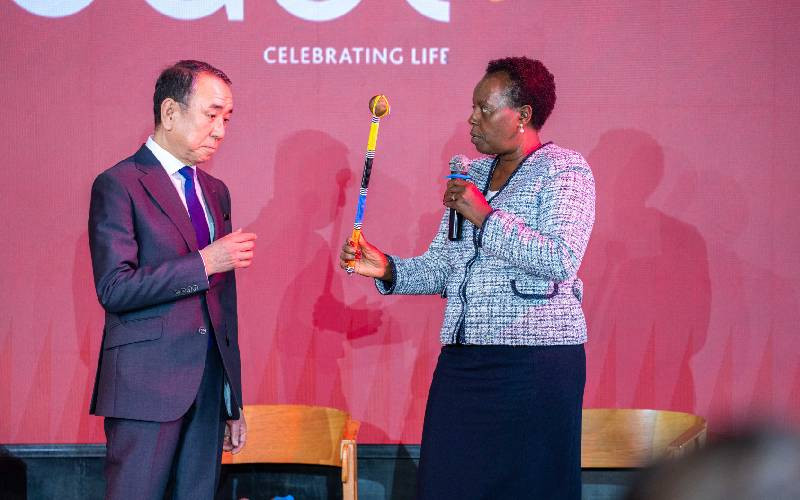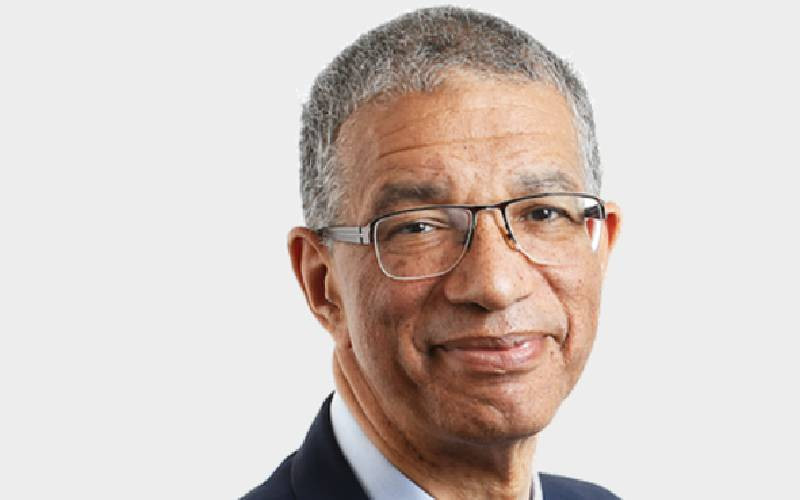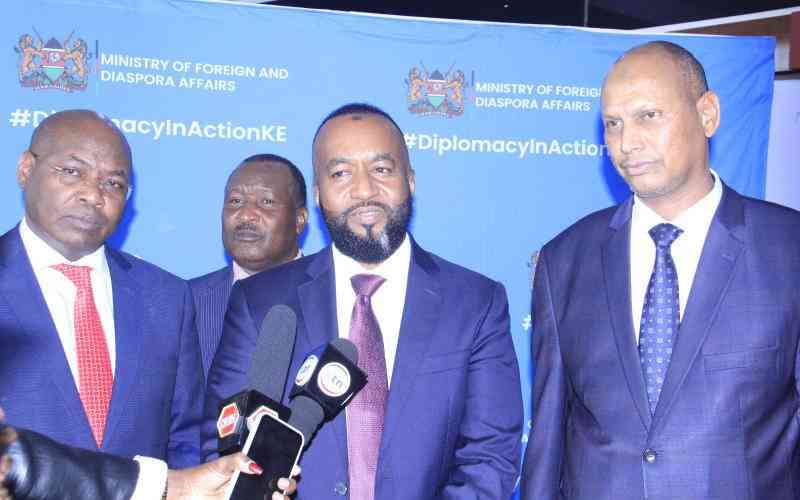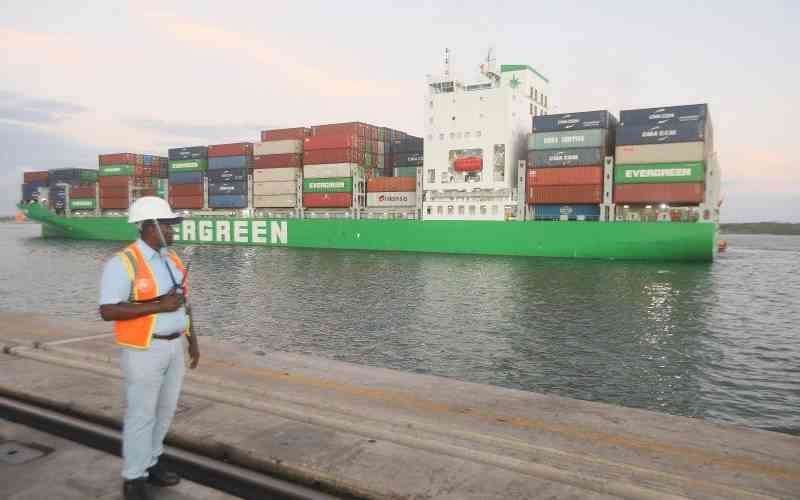×
The Standard e-Paper
Informed Minds Prefer The Standard
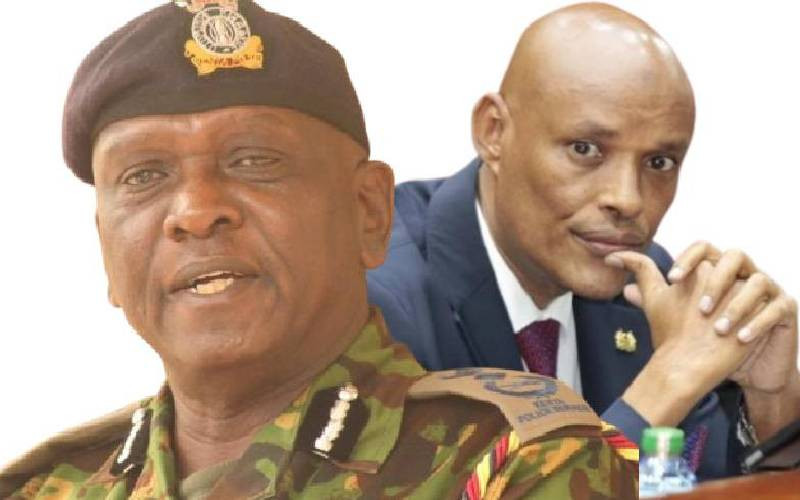
In another display of impunity, Inspector General (IG) of Police Douglas Kanja and Director of Criminal Investigations (DCI) Amin Mohamed once again failed to honour summons to appear in court yesterday.
This was the sixth time the two policemen failed to comply with High Court orders to appear and clarify the ongoing enforced disappearances of Kenyans, allegedly carried out by their juniors, a matter that has gripped the nation and raised serious concerns about the State's role in it.



